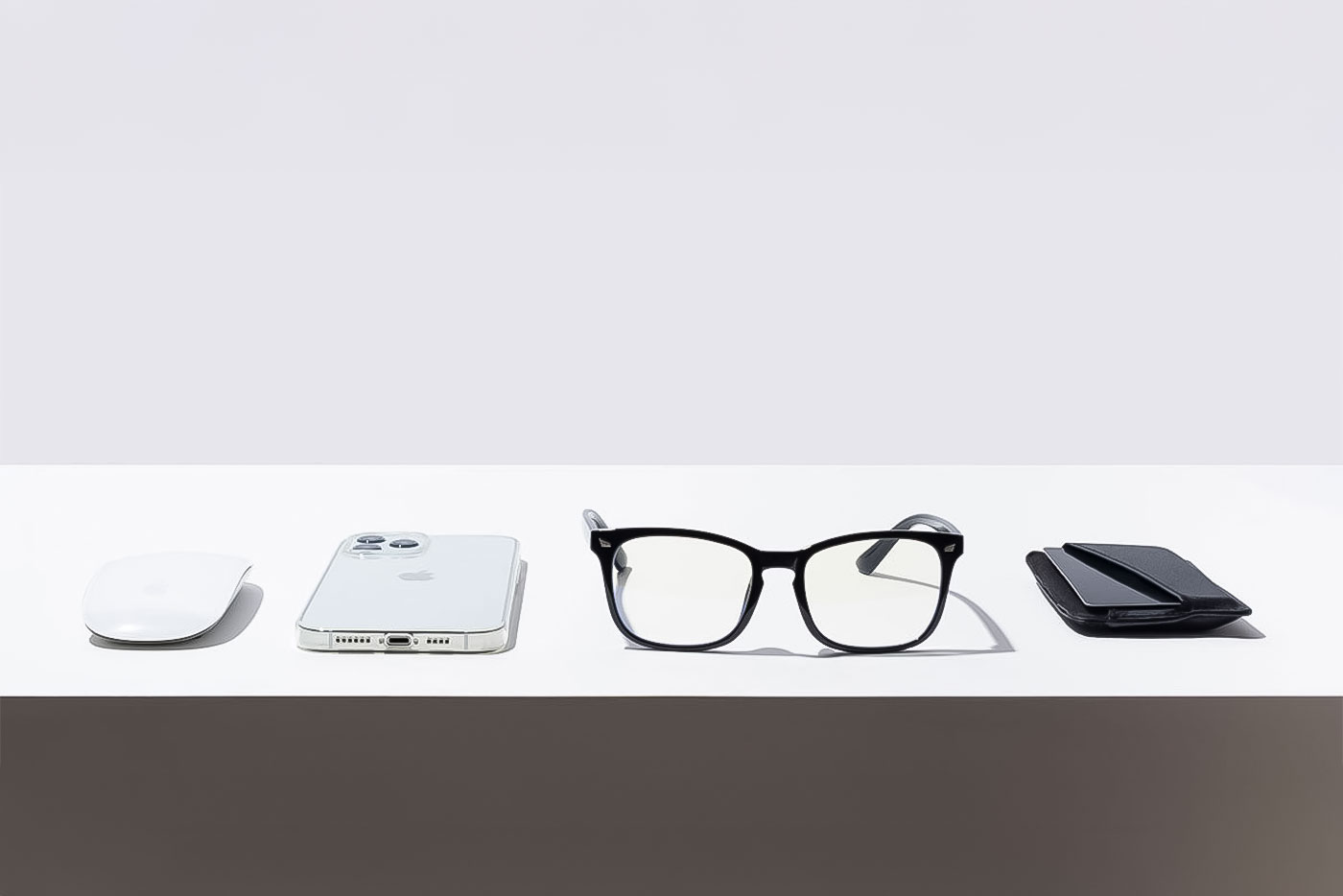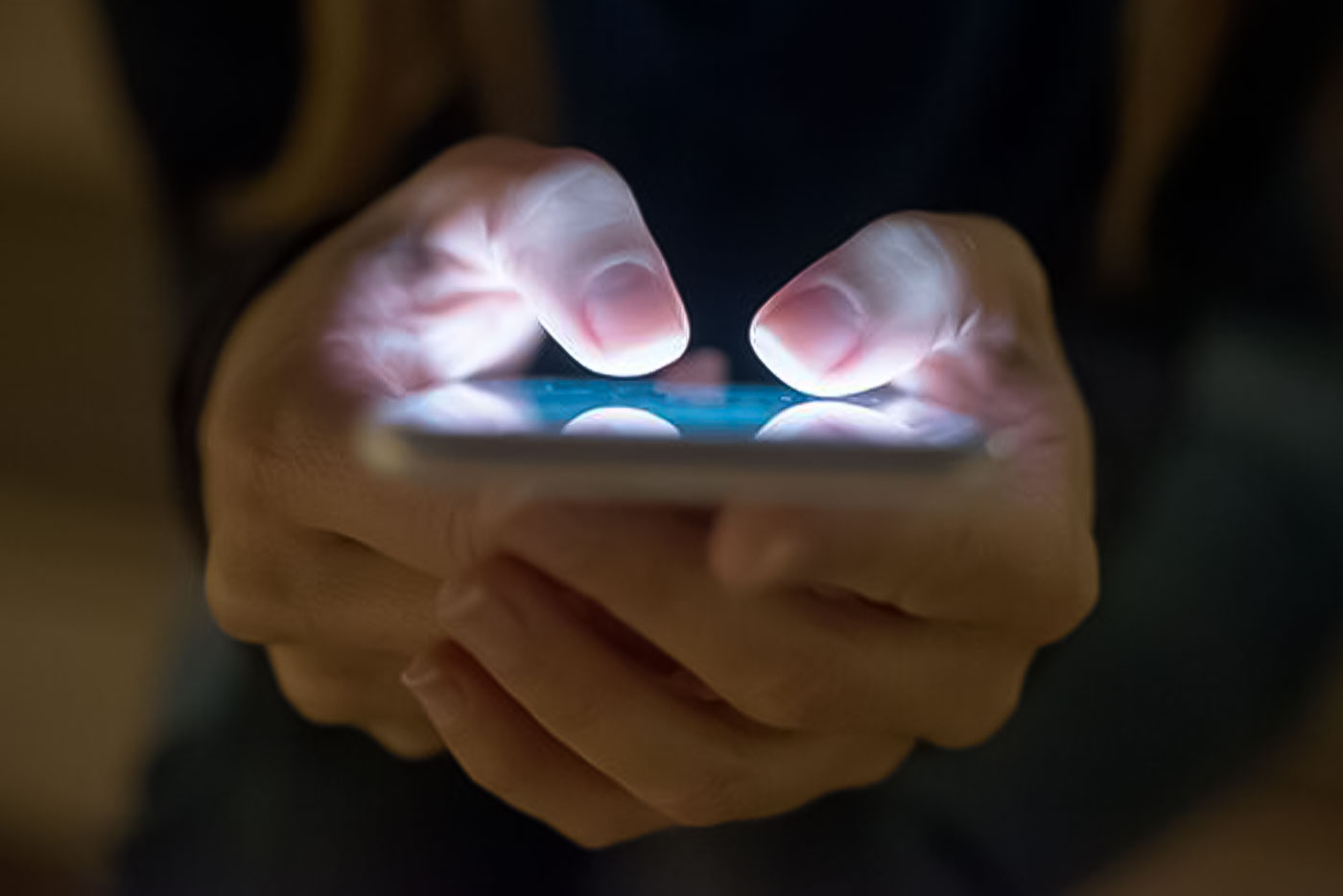Many people today find themselves trapped behind screens, spending hours scrolling endlessly through digital content–often feeling as though it has become a full-time job without a paycheck. That’s exactly why more people are turning towards digital minimalism-a lifestyle shift that helps cut through the noise of constant notifications, mindless scrolling, and the lingering sense of time lost.

Totallee
What is minimalism vs. digital minimalism?
Digital minimalism is a sub-genre of minimalism. Minimalism itself is a lifestyle that looks different for everyone, but the core idea is the same: living with intention instead of excess. It’s about being aware of how one uses their time, energy, and resources, while rejecting clutter that makes life feel heavy. Instead of filling a closet with clothes never worn, people focus on what actually adds value. Psychology Today notes that clutter, whether physical or digital, has negative effects on mental health, proving that “less” really can be “more”.
Now, by applying that same logic to a phone, laptop, or social media, that’s digital minimalism. It asks: Does this app, notification, or piece of content really improve my life? If the answer is no, it’s out.
For Gen Z, this matters because social media has been part of their entire lives. It’s normal for young people to check their phones hundreds of times a day, even though many admit it leaves them feeling drained. Pew Research found that while teens and young adults spend hours daily on social media, a ton feel overwhelmed by it. Digital minimalism is a way of reclaiming control by choosing presence over autopilot.
Sometimes it looks like avoiding phones first thing in the morning, spending more time outside, or prioritizing face-to-face conversations. Other times, it’s a small act of rebellion, like reading a physical book instead of scrolling an e-book, or even going old-school with a flip phone. In short, minimalism clears the closet, while digital minimalism clears the screen.

ljubaphoto/The Globe and Mail
Why does it matter?
Living online 24/7 isn’t free; it costs focus, energy, and even happiness. Constant scrolling fuels comparison, FOMO, and anxiety. Harvard Business Review explains that digital wellness is no longer optional; it’s essential because tech overload has direct effects on how people think, work, and connect.
And it’s not just about productivity, it’s about identity. When self-worth is tied to likes, comments or streaks, people aren’t really living for themselves. Digital minimalism helps break that cycle. Instead of letting the algorithm decide what people see and feel, one should reclaim the power to choose.

Scott Rossi/The New Yorker
How to try digital minimalism?
There’s no need to disappear off the grid. Start small and practical:
- Try a dumb phone. Even part-time. Using a flip phone on weekends or for nights out forces you to unplug.
- Swap scrolling for hobbies. Write in a notebook, read a physical book, paint, cook, go for a walk; anything that’s not screen-based.
- Declutter your phone. Delete unused apps, clean up your home screen, and mute notifications that don’t matter.
- Set “no-phone” hours. For example, no phone during meals or 30 minutes before bed. It feels awkward at first, but freeing after a week.
- Curate your feeds. Follow accounts that inspire or teach you, and unfollow ones that drain your energy.
Cal Newport’s Digital Minimalism is often considered the foundation of this movement. Newport argues that reducing digital clutter isn’t about rejecting technology altogether, but about reclaiming control over it. His philosophy centers on using tech with intention, choosing tools and platforms that genuinely add value rather than consume attention. He emphasizes “solitude” and “high-quality leisure” as ways to reconnect with focus, creativity, and real-world fulfillment.
A quiet rebellion
Digital minimalism isn’t just a trend; it’s a lifestyle shift for a generation that grew up glued to screens. It’s about being more centred with oneself, instead of being controlled by what the media wants someone to see. At its core, it’s a rebellion! It’s choosing freedom over wasted time and reclaiming our power from the algorithms.
At the end of the day, digital minimalism isn’t about deleting your phone. It’s about deleting the noise so people can finally hear themselves think.







